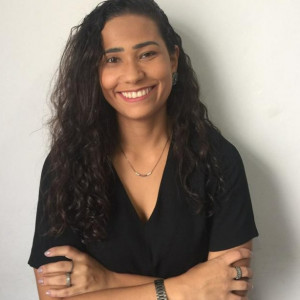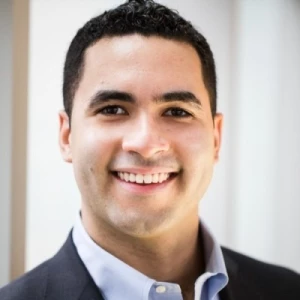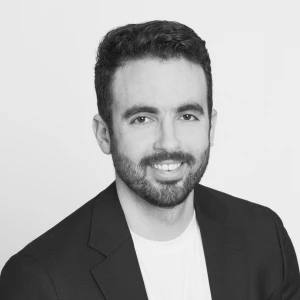During my interview today, I felt that I had build rapport with the interviewer, and he seemed to be interested in my profile. In the end we had a discussion on his project instead of having a traditional interview, and the questions were more about what was my views on a few topics of his project.
My question is, how should I balance being structured and being client friendly, especially in partner rounds when its not clear with the case interview will be a "case interview", or ending up doing brainstorming on a feel topics? I feel that on one hand, if I focus too much the structure, it sounds very mechanical and lacks human touch. To be honest I think most people will feel bored if you use bullet points for the whole conversation. On the other hand, if I share too much about related project experience or personal observation, my ideas might be lengthy and not crispy enough.
Could you provide some advice on how to improve communication with seniors?



















